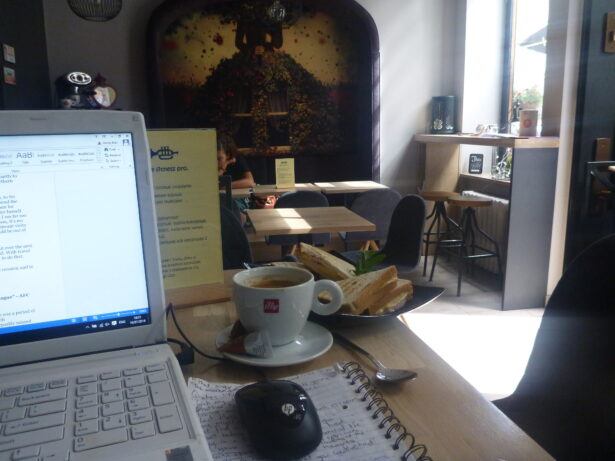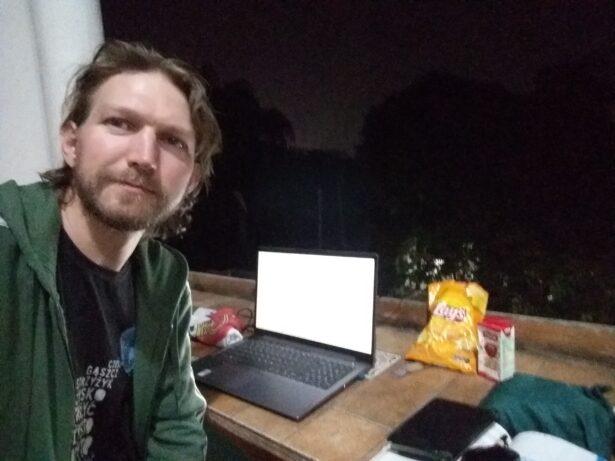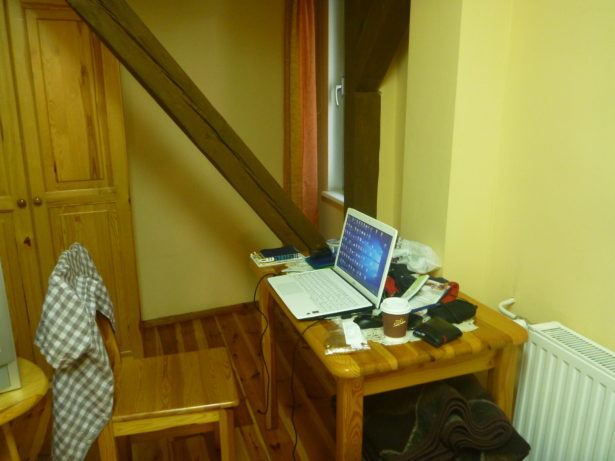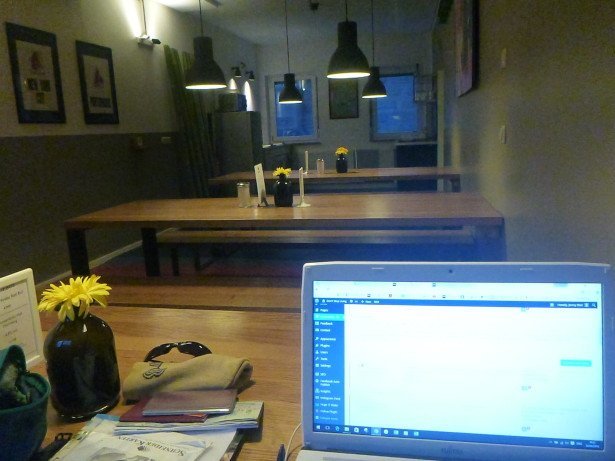The implementation of lockdowns in many countries in 2020 highlighted the potential for countless employees to work remotely. Despite the return to normalcy, many companies worldwide have continued to allow hybrid or remote working opportunities.
Doing so offers valuable benefits for employees. Less travel, fewer distractions from coworkers wanting to discuss trivial things, and the end of sometimes pointless meetings have all helped increase worker satisfaction. I’ve been blogging for 17 years now, 12 of them professionally from my laptop on my jaunts around the world.
However, these benefits also have a downside: procrastination. Without the need to be in an office surrounded by colleagues and superiors, many workers put off tasks to do other things around the house. This procrastination can be avoided by following some easy tips and tricks.
Set a Schedule
One of the easiest traps to fall into while working from home is not following a proper schedule. The lack of need to set aside time to travel may encourage you to sleep in later than usual, and you may wait until the last minute to log in. Doing so can easily cause you to be unprepared for the day and distracted when you eventually start working.
By setting a schedule similar to one you would have if you needed to head into the office, you can retain control over when you start getting things done. This schedule should also include tasks that are part of your preparation for work.
Specific times should be outlined for when you go to bed and what time you wake up. In addition, ensure that you set aside time to shower and get dressed before starting work, as this will make you feel more professional and help get your mind into working mode.
Create a Work Environment
Having a clutter-free work environment that facilitates focus is critical. Many remote workers may be tempted to open their laptops while lying in bed or propping them open on their laps while on the sofa. Doing this can lead to distractions or even cause you to fall back asleep.
While space may not always be available, setting out a specific work area in your home will help you feel more like you’ve gone to the office. This can be in your study, at a desk in your living room, or even at your dining room table.
Wherever the space is, particularly in a shared space, setting up the area for work and packing up after the workday should be included in your schedule. This space should consist of only what you need for work, so minimize distractions by placing everything that isn’t essential to your tasks out of sight.
Prioritize and Manage Realistically
Prioritizing work tasks is necessary whether working remotely or at the office. It can be done at the start or end of a workday so that your task list is ready for the morning.
Knowing which tasks can be realistically achieved in a day is essential to understanding priority. If a large task is likely to take the whole day and is the same priority as multiple smaller tasks, break it up.
Doing this allows you to tackle the bigger objective in manageable portions while completing various minor tasks. The break from working on the same task repetitively for too long will also help it seem less tedious and help you remain focused.
Make Use of Tools
Modern PCs are rife with various tools that can help boost productivity and manage deadlines and schedules. If you struggle to keep your priorities in check or get things done on time, leveraging these tools to your advantage can help you overcome procrastination caused by feeling overwhelmed.
Simple tools like Focus Assist in Microsoft Windows can help avoid distracting notifications, while other apps can help you create a visually engaging to-do list that you can follow and tick off as you complete it.
In addition to helping you keep track of what needs to be done, seeing how much you’ve achieved can also encourage you.
Reward Yourself
Multiple working techniques, such as the Pomodoro technique, recommend taking breaks between tasks. Rewarding yourself with a break helps reset your mind, clear your thoughts about what you are doing, and prepare you for the next task.
When working remotely, sitting and working for hours without taking a break and not realizing it can be easy. You can avoid burnout or loss of focus by setting up a schedule for breaks or a pattern of rewarding yourself each time you complete a specific task. You can also avoid trying to justify procrastinating due to how much you’ve achieved during the day.
During these breaks, don’t simply walk away from your PC and mill around. Reward yourself with a glance at social media, find an unbeatable casino bonus offer and get it, or make yourself something tasty to eat. Going for a short, brisk walk is also a great way to refocus and get some healthy exercise.
Work on Your Mindfulness
Mindfulness relates to how aware you are of something. When working remotely, practicing mindfulness is one of the most significant tools for stopping procrastination and keeping you focused on what you need to get done.
To practice this, stop and take a deep breath each time your mind wanders to something unrelated to the task you’re currently completing. Ask yourself honestly whether the thoughts you are engaging with are relevant to your current task. If they are not, bring your attention back to what you should be doing.
This simple practice allows you to avoid procrastination and focus on work easily. Mindfulness has also shown benefits in reducing stress and, if used correctly, can help you feel more relaxed about your job.
Conclusion
The above strategies can help you be more focused and productive when working from home—leading to a meaningful feeling of accomplishment. However, there may be times when even these will fail to motivate you to get up or start getting things done. Should this occur, never be too shy to ask for help.
Whether it is from a coworker, friend, or family member, asking somebody to hold you accountable and help you stay focused is nothing to be embarrassed about. Rather, it will give you somebody you can speak to as they check in on you and could encourage you to do away with procrastination altogether.




